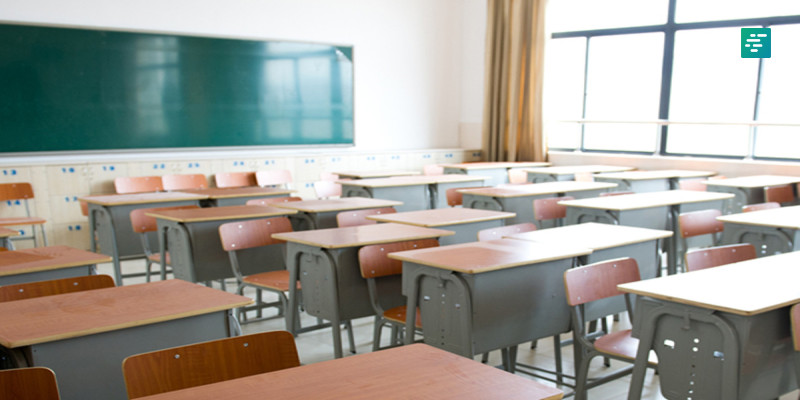
The West Bengal Education Department has announced the adoption of the State Education Policy (SEP), maintaining the current school education format. A notification was issued on September 9, endorsing the continuation of the state's 5+4+2+2 school system.
The notification reads, "Whereas, the state government has been considering the need for revamping its existing education system, starting from pre-primary to the higher education level in the state of West Bengal, to ensure a higher standard of education for all students, with a particular focus on marginalized, disadvantaged, and under-represented groups."
"And whereas, the state government, for this purpose, constituted an expert committee comprising eminent educationists," It adds.
In April 2022, the West Bengal government formed a committee comprising noted academics, including Gayatri Chakravorty Spivak, Sugata Bose, and Suranjan Das. The committee's primary task was to provide guidance to the state on how to respond to the National Education Policy, which had been officially approved by the Union Cabinet on July 29, 2020, replacing the 34-year-old National Policy on Education. Earlier this year, the committee delivered its findings to the West Bengal Education Department.
"The said committee, after due deliberation and in consultation with stakeholders, submitted its recommendations. The state government finalized the draft State Education Policy, 2023, based on the recommendations of the expert committee. The state cabinet approved the State Education Policy, 2023, in its meeting dated August 7. Therefore, in consideration of all the above, the State Education Policy, 2023, is hereby notified, as appended with this notification with immediate effect," the notice reads.
An education department official told that the SEP had been notified to continue with the 5+4+2+2 pattern for school education.
"The policy specifies beginning with one year of pre-primary, four years of primary up to class 4, two years of secondary, and two years of higher secondary," he said.
"The sole change in the existing structure is the inclusion of the first two years of education at an Anganwadi centre, to be followed by one year of pre-primary. But the rest of the structure of primary, upper primary, secondary, and higher secondary would remain," he said.
In the higher education level, classes 11 and 12, semester-level exams have been specified "to ease the transition from school to university in a phased manner, having a combination of multiple-choice questions and descriptive ones" in the two semesters.
About the three-language formula, it said, "it will be introduced for students of classes 5 to 8 depending upon the availability of infrastructure." While the mother tongue as the first language will be the medium of instruction (Bengali in Bengali medium schools, Nepali in Nepali medium, Hindi in Hindi medium schools), which will also be determined by the linguistic and ethnic profile of the area, the second language will be any language other than the first language based on the preferences of the student (including English for vernacular mediums). The third language can be "any other language opted by the student, other than the first and second languages.
At the primary level, the policy suggests that Bengali as a subject may be introduced from Class 1 for students of other mediums of instruction.
The state has already mooted a 4+1 formula for higher education where UG honours courses have been structured for four years instead of three, and PG courses for one year in place of two.
